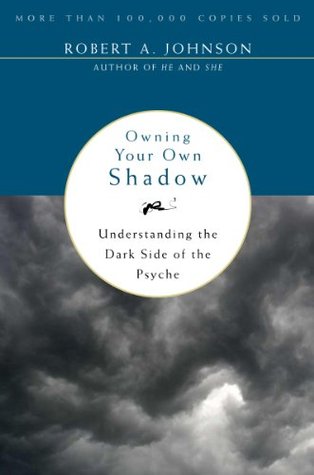More on this book
Community
Kindle Notes & Highlights
Culture takes away the simple human in us, but gives us more complex and sophisticated power.
Some of the pure gold of our personality is relegated to the shadow because it can find no place in that great leveling process that is culture.
We would love to have creativity without destruction, but that is not possible.
We are also talking about sainthood in the original meaning of the word—a full-blooded embracing of our own humanity, not a one-sided goodness that has no vitality or life.
To refuse the dark side of one’s nature is to store up or accumulate the darkness; this is later expressed as a black mood, psychosomatic illness, or unconsciously inspired accidents.
And so the greater the civilization, the more intent it is upon its own destruction.
Today, whole businesses are devoted to containing our shadows for us.
Our hero-worshiping capacity is pure shadow; in this case our finest qualities are refused and laid on another.
An early edition of Psychology Today had a very fine article advising us to change professions at age fifty.
In this ritual you must find one of the left-hand contents of your personality and give it expression in some way that satisfies it but does not do damage to anything in the right-hand personality. You can draw it, sculpt it, write a vivid story about it, dance it, burn something, or bury it—anything that gives expression to that material without doing damage.
A true myth gives a pulse reading of a whole culture, a valuable insight into its character and destiny.*
Light would mean nothing without dark, masculine without feminine, care without abandon.
What do we do with this apparently insufferable contradiction? That is essentially the question that is at the base of every neurotic dissociation and every psychological problem.
The high energy of fanaticism is a frantic effort to keep one half of the truth at bay while the other half takes control.
People come to the consulting room and lay out a collision of values with great embarrassment and agony. They want resolution but would have something even greater if they could ask for the consciousness to bear the paradox.
two irreconcilable opposites (guilt and need) make neurotic structures in us.
Guilt is a total waste of time and energy.
The energy consumed by guilt would be far better invested in the courageous act of looking at two sets of truths that have collided in our personality.


